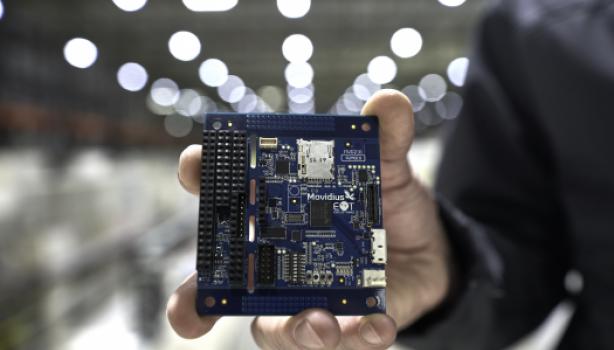The Future Circular Collider Collaboration Week 2018 will take place in Amsterdam, the Netherlands (9-13 April 2018) at the Beurs van Berlage conference centre.
The collaboration is now moving to prepare design reports and cost estimates for all collider options to be delivered by the end of 2018. The 2018 collaboration meeting will gather the global FCC community to share results and solidify the vision for future energy and intensity-frontier colliders that could replace the LHC by the end-2030s. The FCC research programme could help us understand the universe's origin, its evolution to its present state, target the open questions that point to new physics beyond the Standard Mode. The 2018 meeting will also allow to critically review the conceptual design baselines for all collider scenarios towards the completion and delivery of the FCC Conceptual Design Report.
The development of particle physics has been directly determined by the process achieved in building accelerators of ever increasing energy and intensity which calls for the design of more powerful future circular colliders explored by the FCC study. Accelerators are the essential tools that enabled physicists to probe the nucleus and to determine its structure and behaviour, from the cathode ray tube by J.J.Thomson that led to the discovery of the electron, to the present-day large colliders that enabled a number of milestone discoveries in particle physics. Further progress in accelerator technologies will allow understanding the universe's origin, its evolution to its present state, and its ultimate destiny
Launched in 2013, the FCC study focuses on different scenarios for post-LHC circular colliders that could be housed in a new 100 km tunnel. The study brings together, 120 institutes and 25 companies from 32 countries collaborating in a global R&D programme to bridge technical gaps between the current state of the art in accelerator technology and address the challenges presented by this large-scale research infrastructure. The physics opportunities at FCC, the design of dedicated experiments and the machine parameters will be discussed in a number of dedicated sessions before culminating in the final design report that will inform the next European Strategy of particle physics. Moreover, a wealth of results will be presented from the dedicated R&D programmes on accelerator-related technologies including magnet design and technologies, conductor material, vacuum systems and cryogenics, reliability and safety to name but a few.
Moreover, the meeting will offer the opportunity to discuss the technical and industrial evolution induced by the applications that accelerators technologies have outside particle physics. Today technologies related to the operation of an accelerator are more diverse than ever; ranging from NMR imaging and the production of radioisotopes to novel methods of electrical generation, transport and large storage or simulating tools and automation to ensure reliable operation. This is why maintaining current expertise in accelerator physicists and training the next generation of leaders in these fields is so crucial along with the need to maintain the know-how acquired by the industry during the construction of the LHC.
The programme of the conference will follow the same format as previous years with plenary and parallel sessions, a welcome reception and gala dinner, and a public event in Dutch, all organised with the support of the Dutch National Institute for Subatomic Physics (NIKHEF) and the University of Twente.
You can register and submit your abstract through the conference website: here. We also encourage you to apply for the FCC Innovation Award via a poster submission, and the FCC Accelerating Diversity Prize.
Conference website: http://cern.ch/fccw2018
Further information about the FCC Study and Collaboration is available at http://cern.ch/fcc


